
The anatomy of search: A place for my stuff
A galloping overview As we have done before, let’s get a bird’s-eye view of the parts of the search process: text comes in and gets processed and stored in a database (called an index); a user submits a query; documents that match the query are retrieved from the index, ranked based on how well they….
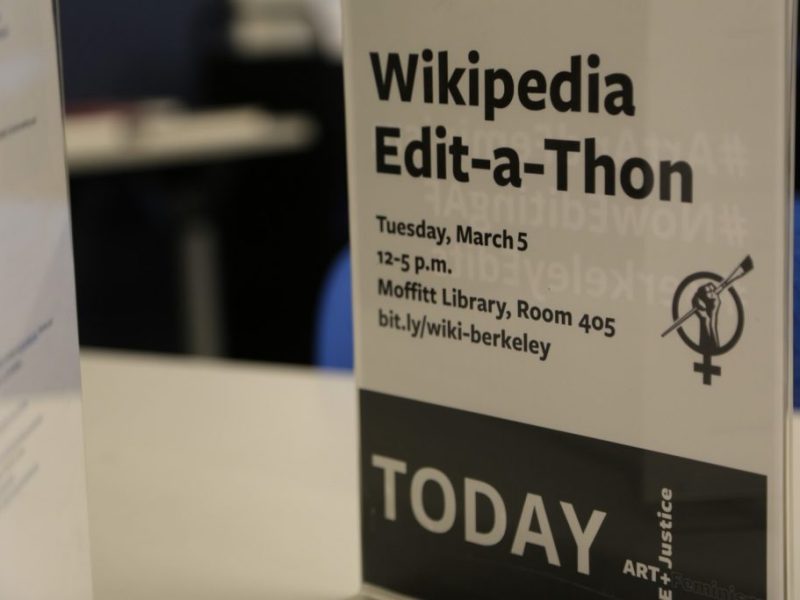
Making the invisible seen: Berkeley event connects artists and academia to improve representation on Wikipedia
Filipina American artist Dorothy Santos knows what it feels like to be a minority in your field. She said, “I thought, ‘there’s no one who looks like me in this industry!’ ” She reached out to Jennifer Wofford, co-founder of the San Francisco Bay Area-based artist collaborative Mail Order Brides/M.O.B., and years later contributed to….

We do not support the EU Copyright Directive in its current form. Here’s why you shouldn’t either.
After a long legislative process, the final text of the EU Copyright Directive was cemented last week as trilogue negotiations between the EU Commision, Parliament, and Council came to a close. Now that the final text has been made available, with only a yes-no vote in Parliament standing in the way of its implementation, Wikimedia….
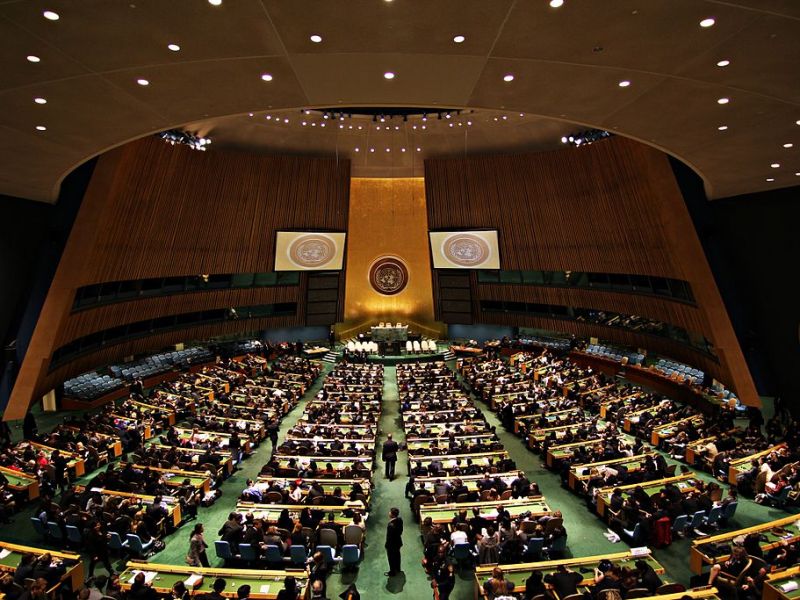
A theme for Wikimania 2019: Wikimedia and advancing the Sustainable Development Goals
Wikimania 2019 will take place on 14–18 August at Stockholm University. Hosted by Wikimedia Sweden, the conference will bring together leaders within free knowledge spaces across the world for five days of pioneering discussions on the role of Wikimedia and free knowledge in fulfilling the Sustainable Development Goals (SDGs) outlined by the United Nations in….

Leading with Wikipedia: A brand proposal for 2030
A few months ago, people across the world were asked “What is Wikimedia?” Almost no one answered correctly. But while “Wikimedia” may not be widely recognized outside our movement, there is a clear way to use our existing brands to better bring in the billions of people who have yet to join us in our….
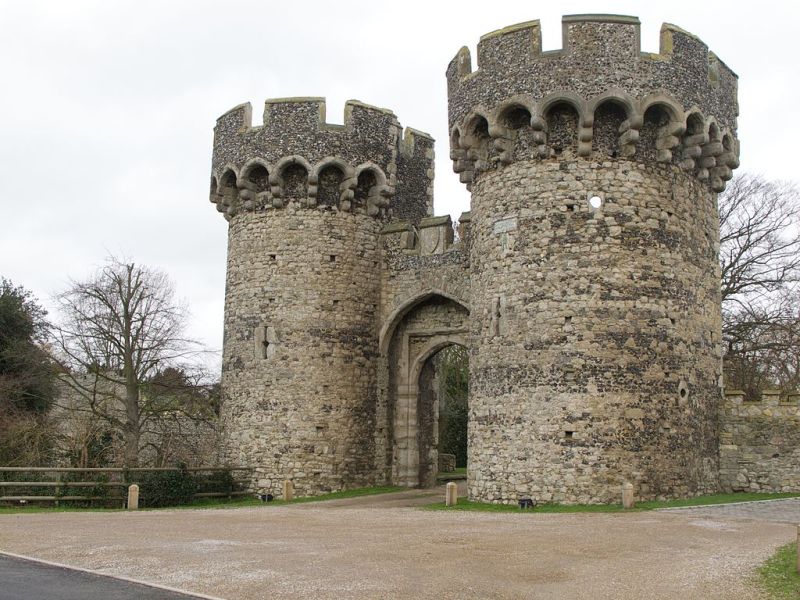
We’re changing our password policies—Here are six rules for selecting a good password
You may remember a time before password standards, when passwords like “password” were used. As countless news stories have shown us since, those passwords were not ideal—but the recommended solution of creating complex passwords for each website has created problems of its own.[1] Having one of your online accounts hacked can be a disruptive and….

Partnerships make it possible: Behind our role in Google Code-in 2018
Wikimedia’s Developer Advocacy Team exists to support the staff and volunteer software developers and technologists who ensure that the free knowledge on Wikipedia and its sister projects is always available and accessible to anyone with an internet connection. Developer Advocates work to grow the movement’s technical communities by coordinating participation in hackathons and technical outreach….
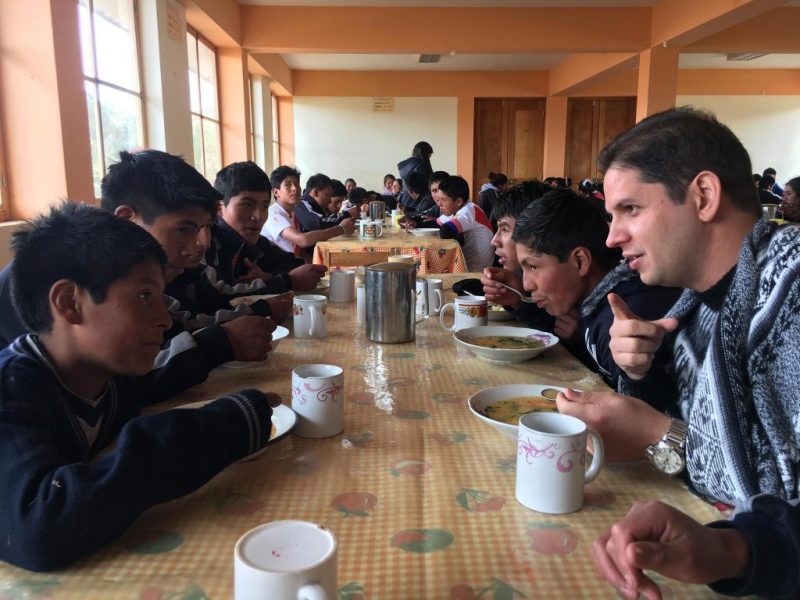
To bridge Peru’s digital divide, these researchers are taking Wikipedia offline
For many years, the Wikimedia Foundation’s vision statement has asked us to imagine how the world would be changed if every single person on Earth had access to the “sum of all knowledge”—but because Wikipedia is a web project, only those with internet access could reach that knowledge. That’s left billions behind. Anne Nelson, who….
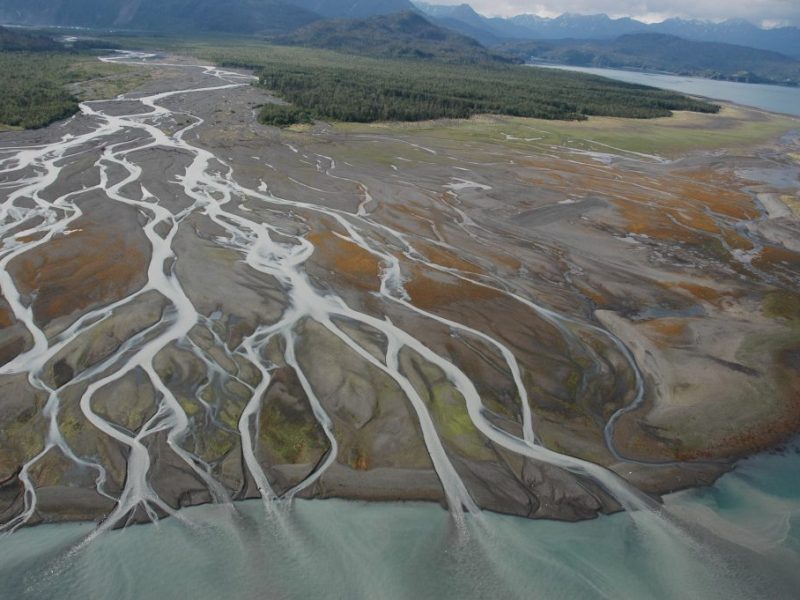
Research directions towards the Wikimedia 2030 strategy
The Wikimedia Foundation’s Research team has published a set of white papers that outline our plans and priorities for the next 5 years. These white papers, which were developed collaboratively by all members of the team, reflect our thinking about the kind of research that will be necessary to further the 2030 Wikimedia strategic direction….
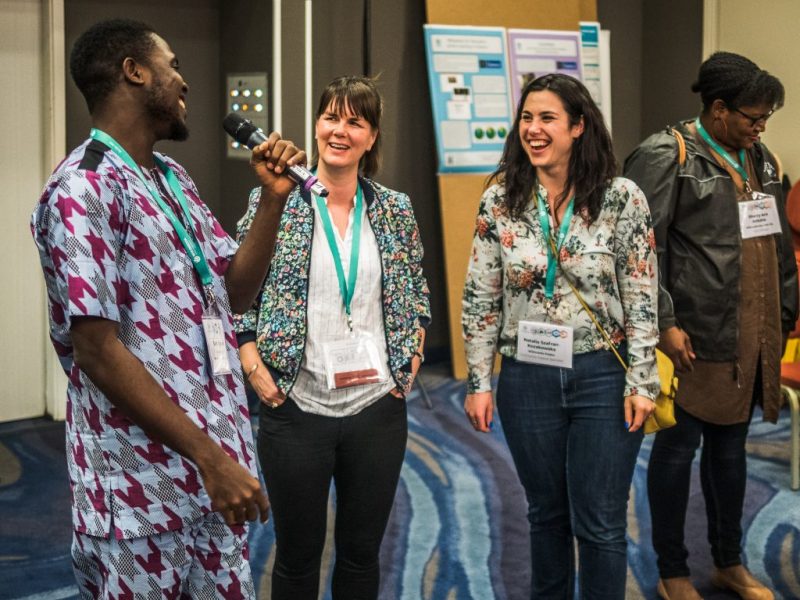
At the 2019 Wikimedia Summit, we’re putting the Wikimedia movement under the microSCOPE
With a new name and a strategy-focused aim, the Wikimedia Summit (formerly known as the Wikimedia Conference) kicks off next month. Around 200 participants from Wikimedia affiliates, the Wikimedia Foundation, and various committees will head to Berlin from 29–31 March to discuss the future of the Wikimedia movement. The finalized schedule will be published in….